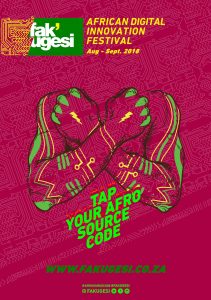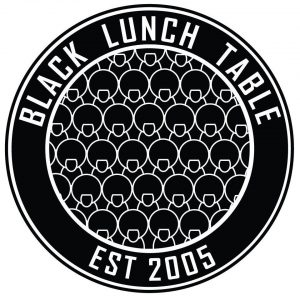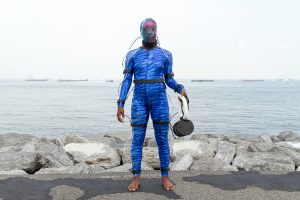Disillusioned by the idea that the Internet is a democratic space, digital artist Isaac Kariuki centres his work around internet culture, the body, autonomy and identity. I had a conversation with him about these themes, as well as his zine, Diaspora Drama.
Having studied a BA in Digital Art, Isaac confesses that playing around with Photoshop was where he learnt most of what he uses to create his work now, which is a combination of solo, collaborative and commissioned work.
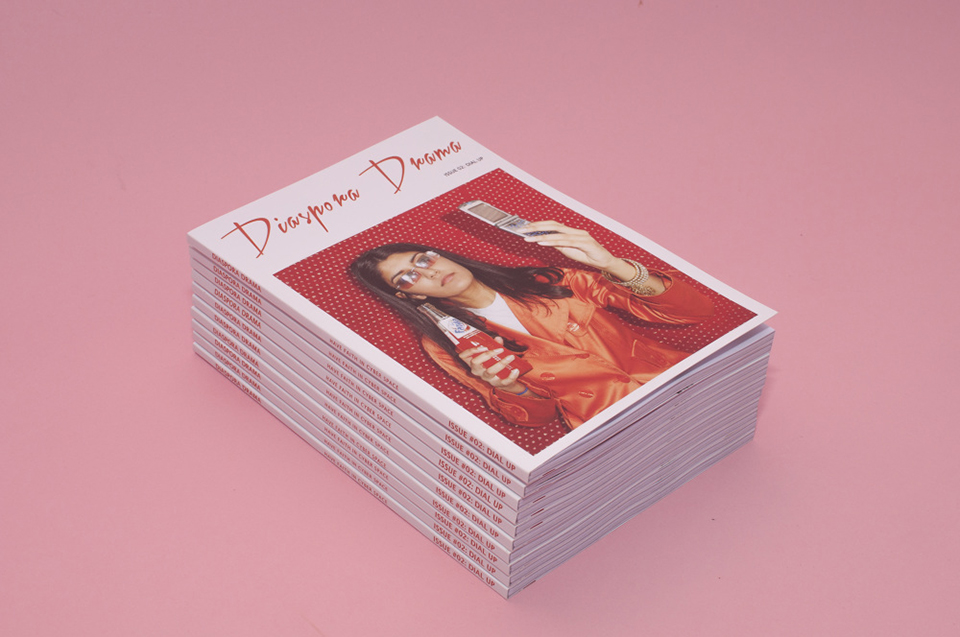
As he started delving into more theoretical work, he realized that there was not much talk about the Internet in conjunction with African identities, or non-Western identities. “As someone who is from Kenya and who got on to the Internet thing very late as opposed to Western countries, I found we have our own structure and our own way of connecting with the Internet”. Isaac is interested in exploring those structures and relationships to connectivity, expressing that he thinks that the Internet is something that we can tether to what is going on politically, socially and culturally in non-Western countries, specifically African countries. Hence his focus on internet cultures and identity. “It is about what works in certain countries in certain contexts. So since the Internet is a Western territory, we have to go around it in certain ways to not get lost inside the western context and just like feed into it”.
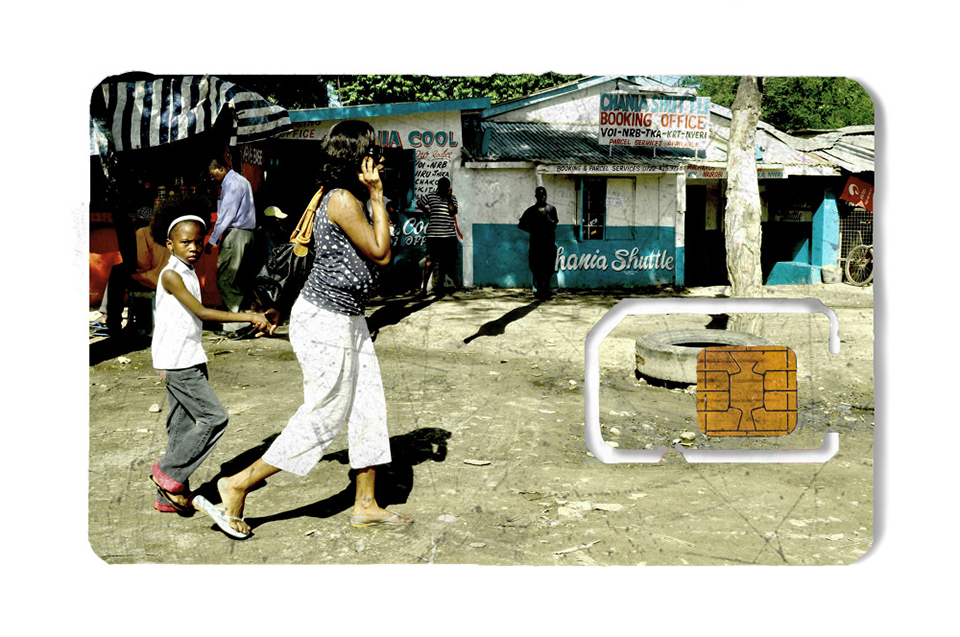
Isaac’s ongoing SIM Card project was recently part of the exhibition Potentially “Flawless” in Toronto. In this project he looks at supposed “third world countries” and their relationship to the internet, and connectivity in general. With African countries having heavily embraced the cellular boom, he critically explores how cellular culture has become restricting and overwhelming. His work is a commentary on the monopoly that certain service providers have, and the limited narrative around connectivity created through their marketing strategies. As a way to subvert or mock the institutions that put forward this limited narrative, Isaac replicated the aesthetic of the advertising or what you would see on a SIM card, such as a smiling person. As a next phase in this project Isaac is working on developing a limited number of working SIM cards.
“I enjoy how people of colour use the Internet,” Isaac syas. Coming from the understanding that the Internet is an unsafe space for people of colour, seeing people of colour create spaces where they can represent and express themselves is encouraging for Isaac. With the Internet being flattened out in the sense that anyone who has access to it can create a page, Isaac enjoys how people of colour are creating safe zones in the scary, unsafe structures of the online where other people of colour can get access to information. When asked how he would re-imagine the Internet, he expressed that the main servers would be situated in remote places across the world so that it could be taken out of the control of large American corporations.
In keeping with the need for outlets for people of colour to share information represent themselves, Isaac started his zine Diaspora Drama in 2015. Using the word ‘Diaspora’ was important because he wanted to connect it with more light-hearted content about people of colour and their relationship to the Internet. Volume 1 of Diaspora Drama will be sold at the DIY Culture festival in London in May.
Check out more of Isaac’s work on his website



